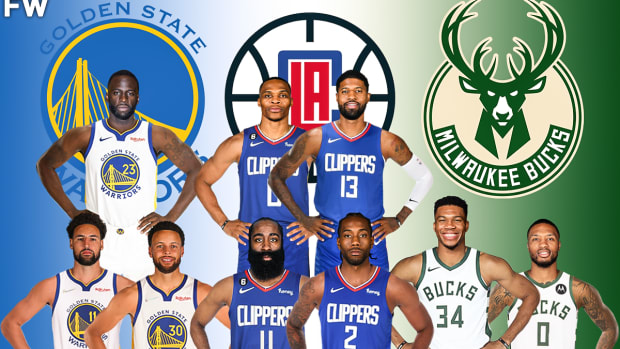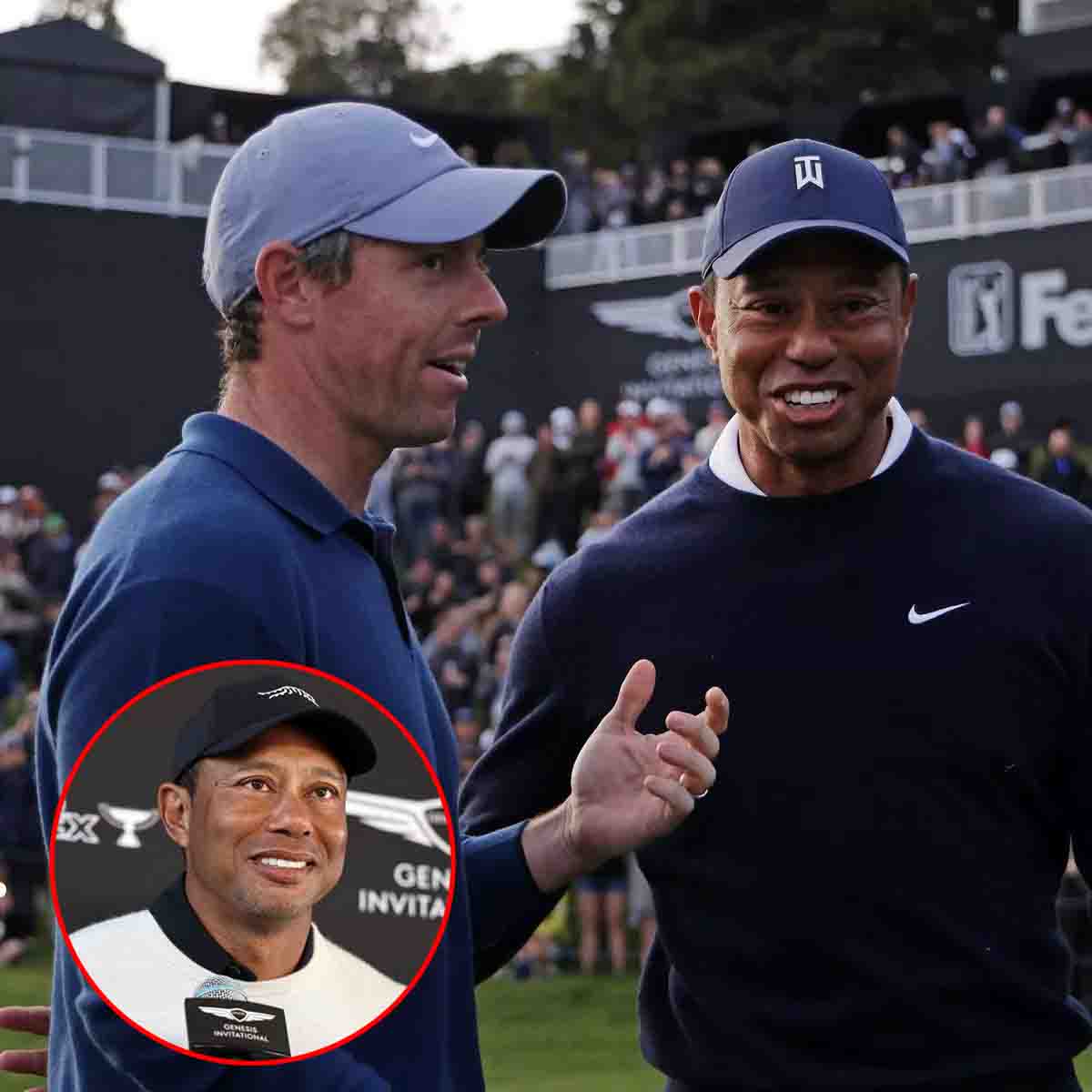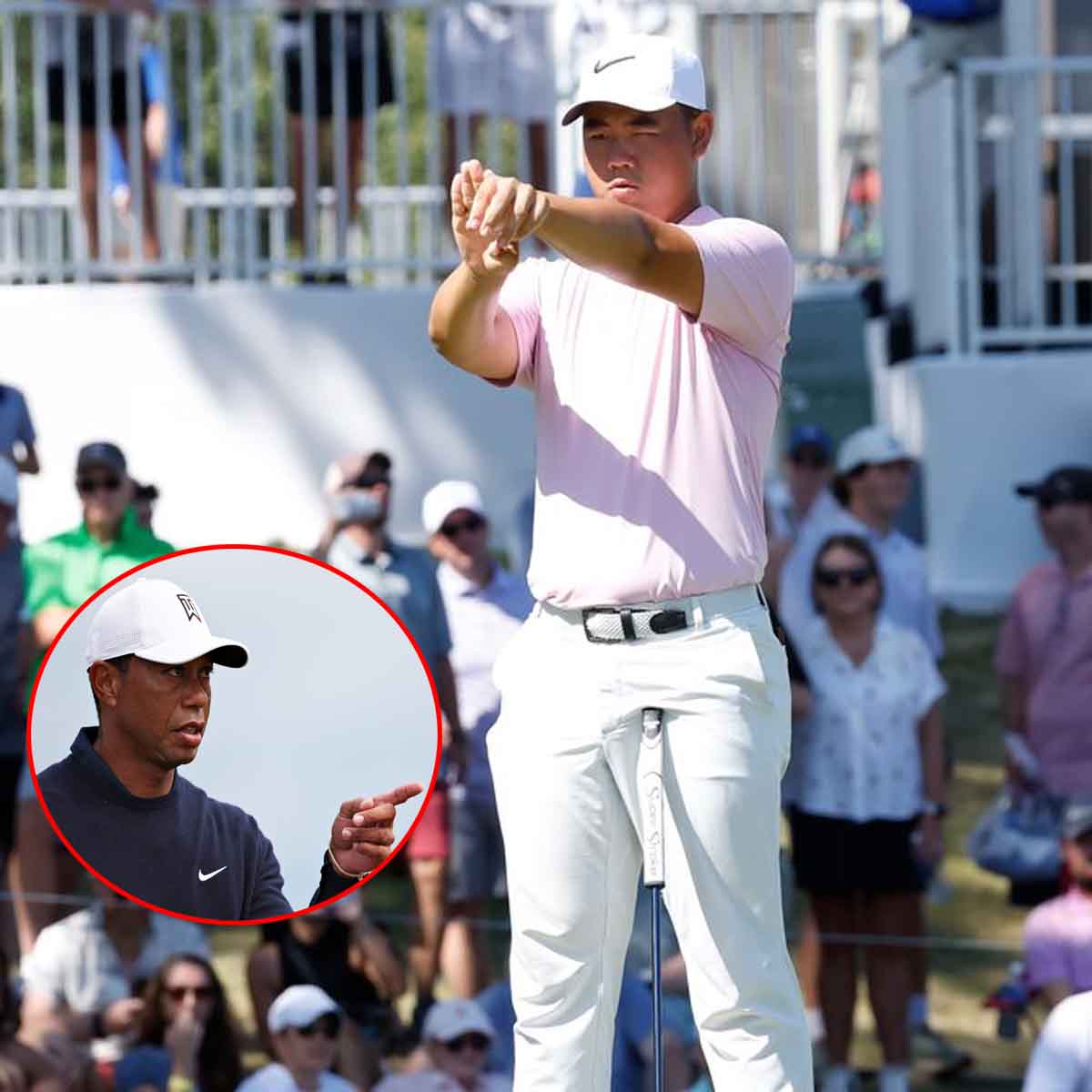The NBA will get approximately $516 from luxury taxes this season.

The NBA went through a rough lockout in 1998, and one of the terms of the agreement to resume basketball was the introduction of a ‘luxury tax’ for teams that are a certain threshold over the salary cap. The luxury tax is collected from defaulting teams and redistributed among teams that did not cross the tax line. As time has gone on, the luxury tax has become a crucial thing to keep in mind for every team building a roster, as the league is projected to have over $516 million to redistribute this season.
Eight teams are expected to make up the pool of $516 million that will be paid out to other teams, with the Warriors and Clippers leading the way.
1. Golden State Warriors – $188.2 million
2. Los Angeles Clippers – $122.2 million
3. Milwaukee Bucks – $58.2 million
4. Phoenix Suns – $50.7 million
5. Boston Celtics – $39.1 million
6. Miami Heat – $29.4 million
7. Denver Nuggets – $22.7 million
8. Philadelphia 76ers – $8.4 million
The Lakers and Pelicans are also currently expected to pay the luxury tax this season, but their amounts are so marginal that they could easily comply with tax rules before the season is up. The Lakers will need to cut $1.26 million off their books, while the Pelicans will need to cut $2.96 million.
Both teams would combine to add $5.75 million to the luxury tax payments as of now but are projected to get under the luxury tax line as rosters trim down along the season.
Every single one of the named teams is hoping to contend this season, so their inflated salaries make sense. These penalties can be too much for many teams to deal with, but the teams on this list are willing to eat the financial repercussions for a chance to win a title.
Golden State Warriors And Los Angeles Clippers Bear A Huge Tax Burden
The Warriors have been topping the luxury tax charts for years now, with many criticizing the team after their 2022 title run due to their inflated salary bill. But most of these expenses have been accrued over the years by paying their homegrown trio well. They stand to reduce their salary bill by a lot next season, with over $70 million coming off the books with Chris Paul and Klay Thompson. Their extensions (if signed) should be considerably less than the $30.8 million and $43.2 million each player will make this season.
The Clippers are in their first season as repeat offenders, with this being their fourth season paying the tax. They’ve spared no expense in their current era, with their bill getting inflated due to lucrative contract extensions handed out to payers like Marcus Morris Sr., and acquiring more salary in trades like their deal for Norman Powell and recently, James Harden. If Kawhi Leonard, Paul George, and Harden end up leaving the franchise at the end of this season, the Clippers will likely fall out of the tax bracket.
The Cleveland Cavaliers are barely under the luxury tax line, with them inevitably heading towards becoming one of the most expensive teams in the NBA with the presumed supermax extension they can offer Donovan Mitchell next summer and rookie extensions for Evan Mobley and Isaac Okoro. Even a veteran minimum signing will send them over the threshold, so they’ll be a team to watch.
If these numbers hold, the 22 non-taxpaying teams would collect $11.8 million each from the distribution pool. This is contingent on the Lakers and Pelicans also shedding salary, as their names could be added to the taxpayer list as well.
The Lakers, Mavericks, Grizzlies, and Timberwolves are expected to pay the tax next season if their roster remains similar, with the Lakers and Mavericks also paying last season.





